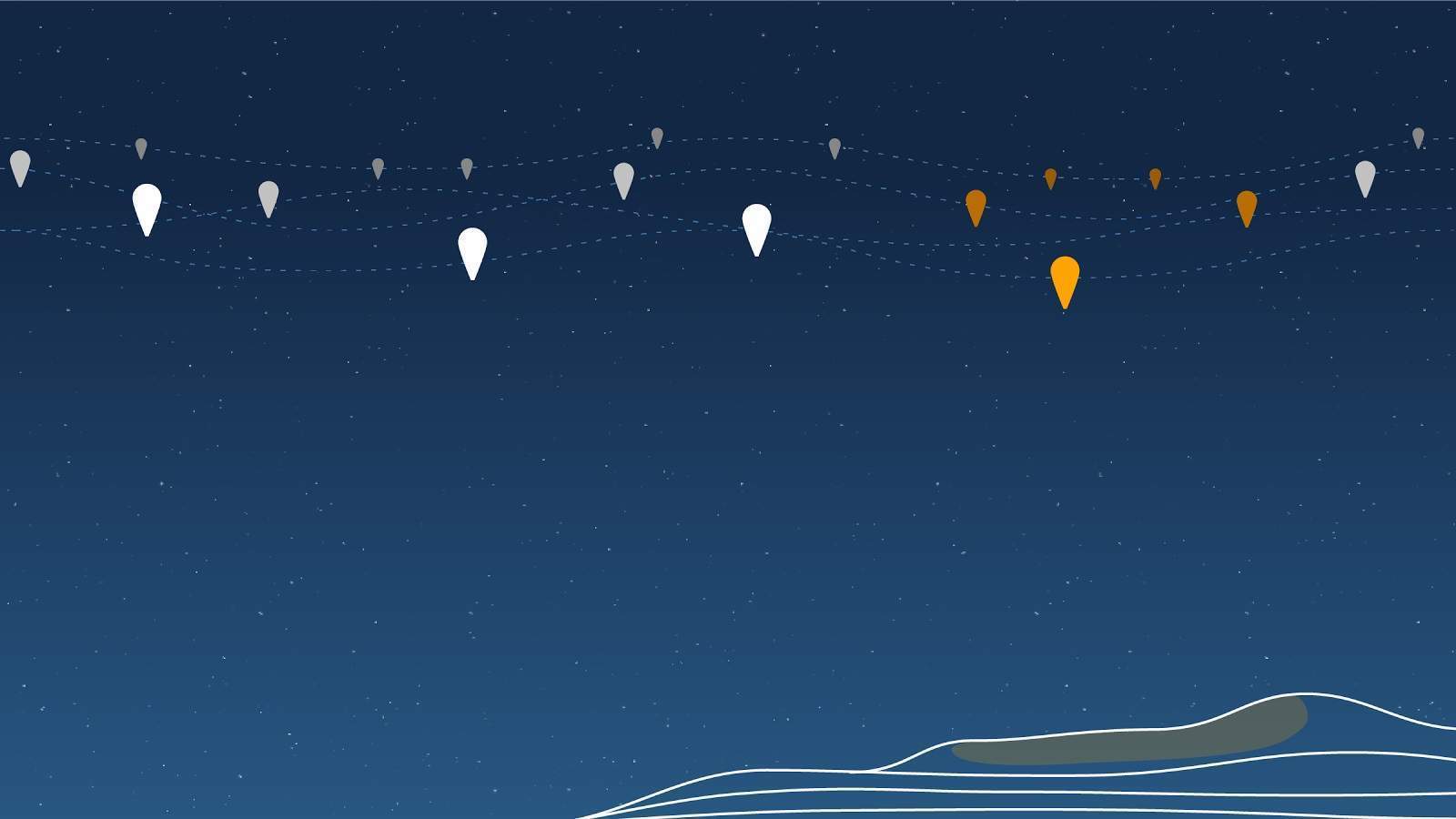
Alphabet’s connectivity initiative, known as Google Project Loon, is going to become its own company.
Google’s parent company has been running the research project for just over four years. It provides a wireless network to people in unconnected places, with solar-powered balloons carrying a small box of equipment beam internet.

Access deeper industry intelligence
Experience unmatched clarity with a single platform that combines unique data, AI, and human expertise.
The technology has been deployed in places such as Peru when serious flooding hit the South American country. In addition, earlier this week the US government’s Federal Communications Commission (FCC) granted permission to Alphabet to send balloons to Puerto Rico.
Around 83 percent of cellular towers remain offline on the island, over three weeks since Hurricane Maria struck.
Why is Google Project Loon becoming a separate company?
Business Insider reported this week that Project Loon is now being listed as Loon Inc. This is the first step Alphabet is taking to turn the initiative from a research lab project to an official corporation.
This means that the project is now serious enough to become a commercial entity. Other Google and Alphabet projects have undergone the same treatment, such as its self-driving subsidy Waymo and the smart home device maker, Nest.

US Tariffs are shifting - will you react or anticipate?
Don’t let policy changes catch you off guard. Stay proactive with real-time data and expert analysis.
By GlobalDataWhy is this happening now?
Despite Project Loon being in the making for the past four years, 2017 has been a breakthrough year for the subsidiary.
It has been able to deploy the balloons successfully to the areas that have needed. As well, improvements have been made to the algorithms that help the balloons navigate the globe. According to a blog post by Astro Teller, who works on Google’s Moonshot projects:
“In the process they’ve leapt much closer to a day when balloon-powered Internet could become a reality for people in rural and remote regions of the globe.”
Making internet access global
There could other reasons why Alphabet wants to go full-throttle on making Loon an official entity. It isn’t the only tech company trying to bring the world online.
For instance, Facebook completed its successful second test flight of its Aquila drone earlier this year. Similar to Loon, it plans to make large solar-powered drones to give reliable internet access to areas of the world that don’t have it yet.
Facebook eventually plans for Aquila drones to fly for up to 90 days at a time. It could offer internet access to an area 60 miles wide, thanks to the proposed drone’s 113-foot wingspan.
Whilst Loon seems to be more of a fully working project than Facebook’s Aquila, it makes sense that Alphabet would want to push forward in order to be the first company to achieve its global internet access goal.







